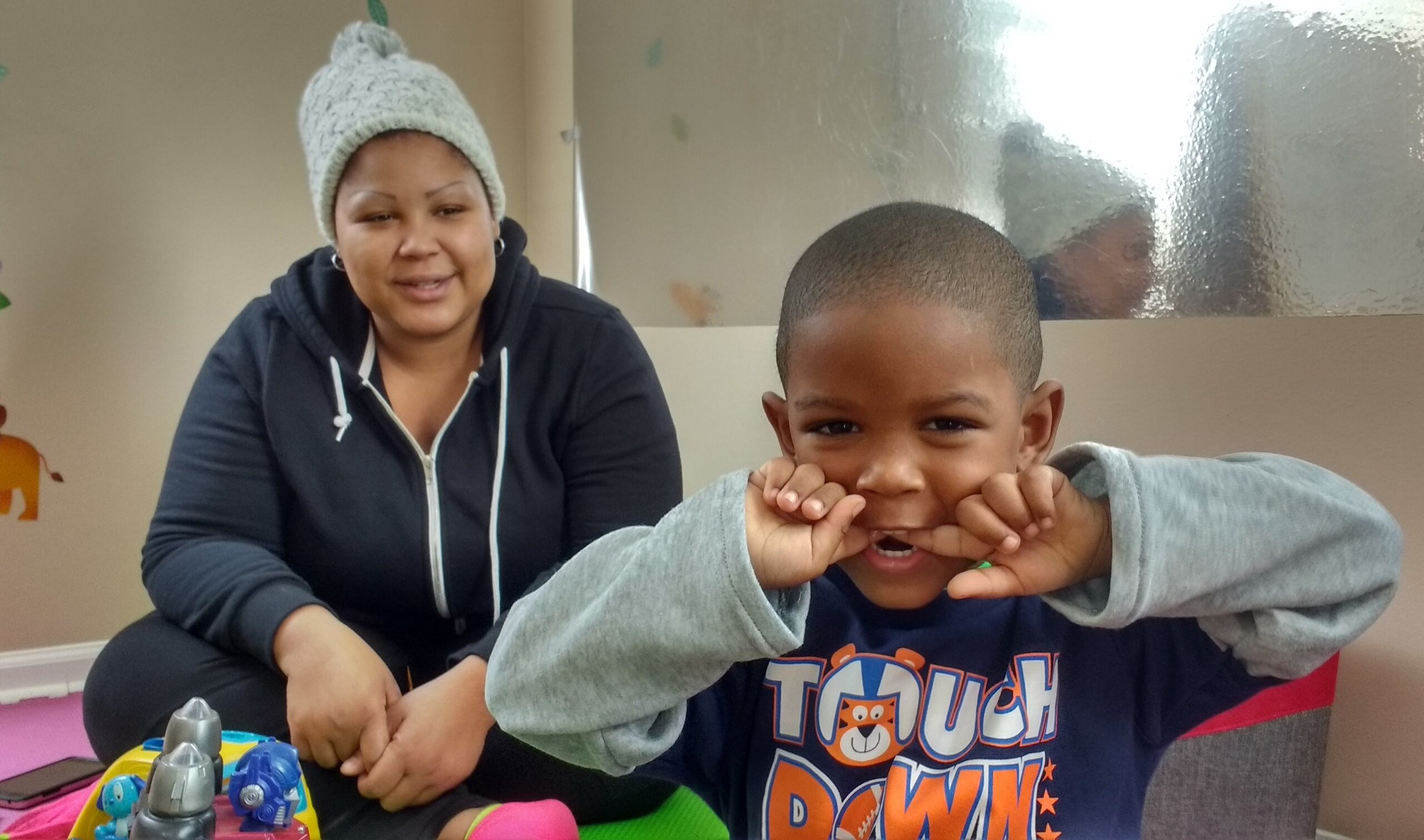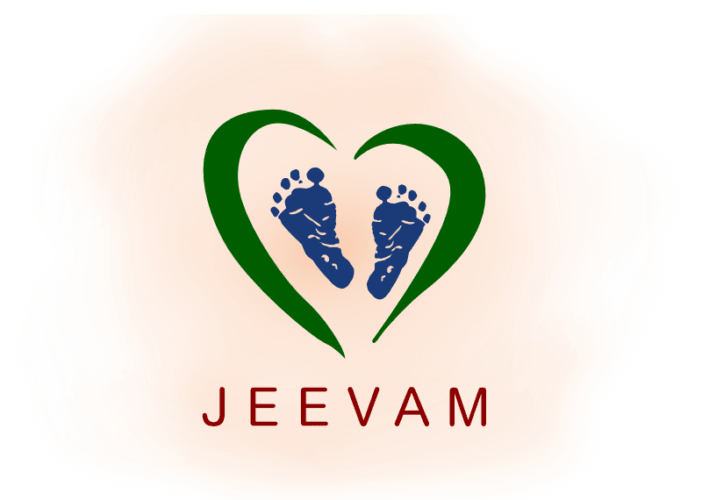
This latest blog will explore one of Jeevam Therapy’s primary focuses: Early Intervention Pediatric Physical Therapy.
What is Early Intervention Pediatric Physical Therapy?
Early Intervention Pediatric Physical Therapy (EIPPT) is a specialized branch of physical therapy that addresses developmental delays and physical disabilities in infants and young children, typically from birth to three years of age. Early Intervention Pediatric Physical Therapy can significantly improve a child’s developmental trajectory and quality of life by identifying and addressing potential issues early.
Why Early Intervention is Important?
The earlier the better!
The first year of a baby’s life is essentially an extension of the gestation period until the baby has learned to walk, communicate, and self-feed. Just like all other mammals. The baby’s organs are maturing fast and neural circuits are most regenerating making faster connections, during this phase of life. Therefore the first three years are crucial years of a child’s life, as their neural circuits are the most flexible to adjust. The older they get, the more difficult it becomes to manipulate these foundations of learning and behavior. Additionally, it will further assist the child in developing language and cognitive skills more effectively and less costly much earlier in life. By addressing the deficits early on in life the child is ready to learn without much difficulty.
Key Components of Early Intervention Pediatric Physical Therapy:
Our facility incorporates various Early Intervention Pediatric Physical Therapy components to provide your child with the highest quality treatment.
Our services include and are not limited to:
- Assessment and Evaluation:
- Developmental Screening: We perform comprehensive evaluations to assess a child’s motor skills, balance, coordination, and overall physical development.
- Through the Early Learning Accomplishment Profile (E-LAP) assessment tool measuring key areas of development:
- Gross Motor Skills
- Fine Motor Skills
- Cognitive Skills
- Language and Communication Skills
- Self-Help Skills
- Social-Emotional Skills
- Through the Early Learning Accomplishment Profile (E-LAP) assessment tool measuring key areas of development:
- Individualized Plans: Based on the assessment, we can create customized intervention plans tailored to the child’s specific needs.
- Therapeutic Interventions:
- Motor Skill Development: We design activities and exercises to improve gross motor skills and fine motor skills.
- Gross Motor Skills: Physical abilities involving large body movements.
- Crawling and walking
- Fine Motor Skills: Physical abilities involving small, precise movements.
- Grasping and manipulating objects)
- Gross Motor Skills: Physical abilities involving large body movements.
- Reflex Integration Therapy: We assist children in incorporating unconditioned reflexes or normal movement patterns into daily life.
- Strength and Flexibility Training: We prescribe exercises to enhance muscle strength, flexibility, and physical endurance.
- Posture and Alignment: We teach techniques to improve posture, body alignment, and movement patterns.
- Motor Skill Development: We design activities and exercises to improve gross motor skills and fine motor skills.
- Family and Caregiver Education:
- Training and Support: We also educate parents and caregivers on supporting their child’s physical development at home through specific exercises and activities.
- Home Programs: We help create tailored home-based exercise programs for ongoing development.
Benefits of Early Intervention Pediatric Physical Therapy:
Early Intervention Pediatric Physical Therapy offers numerous benefits that can significantly impact a child’s development and overall well-being. It helps improve essential motor skills, enabling children to perform daily activities more effectively. It helps prevent future pain and discomfort due to ‘W’ sitting and may prevent imbalanced spinal muscle loading early on, fostering good posture. Enhanced physical development is another key benefit, as therapy promotes overall growth and addresses any developmental delays or abnormalities early on. Additionally, the therapy fosters increased independence, helping children gain confidence and proficiency in movement and self-care activities.
Family and caregiver involvement: in the baby’s natural environment!
We teach the natural and FUN ways to play and learn with a loving person in a child’s life. That’s the basis of the caregiver education component of Early Intervention Pediatric Physical Therapy
Parental empowerment is also a significant advantage, as parents are equipped with the knowledge and tools to support their child’s development at home effectively. Moreover, early intervention can prevent complications, such as joint contractures, muscle imbalances, or spinal alignment by promptly addressing potential issues. Early Intervention Pediatric Physical Therapy lays a strong foundation for a child’s future growth, learning, and participation in family, school, and community activities.
Are These Services Right For My Child?
Determining if Early Intervention Pediatric Physical Therapy is right for your child involves observing their developmental milestones, consulting with your pediatrician, and considering any family history or risk factors.
Common conditions requiring early intervention include:
- Cerebral palsy, which affects movement and posture.
- Down syndrome, where extra chromosome 21 causes developmental delays.
- Other chromosomal disorders like Cri-du-chat, Tourrette, Etc.
- Muscular dystrophy, where progressive muscle weakness occurs.
- Developmental coordination disorder, torticollis (tight neck muscles), spina bifida, and prematurity-related delays also benefit from early therapy.
- Autism spectrum disorder, hypotonia (decreased muscle tone), sensory processing disorder, and various genetic and chromosomal disorders can be effectively managed with early intervention.
Contact our Metuchen and Paramus, NJ offices today to see if Early Intervention Pediatric Physical Therapy is right for your child. Learn about the next steps for you and your little one with screening at our clinics for a nominal fee!
References
Benefits of early intervention physical therapy for children. Circle of Care.
https://circlecare4kids.com/benefits-of-early-intervention-physical-therapy/
Centers for Disease Control and Prevention. (2023, June 6). What is “Early intervention”?
Centers for Disease Control and Prevention. https://www.cdc.gov/ncbddd/actearly/parents/states.html
Early intervention program. RWJBarnabas Health. (n.d.).
https://www.rwjbh.org/treatment-care/pediatrics/conditions-treatments/pediatric-early-intervention/
The importance of early intervention in pediatric physical therapy. Solace Pediatric Healthcare.
Parlakian, R. (2023, June 22). What you need to know: Early intervention. ZERO TO THREE.
https://www.zerotothree.org/resource/what-you-need-to-know-early-intervention/
Tags: cerebral palsy, muscle weakness, early intervention, child development, Pediatric therapy, physical therapy, autism, pediatric injuries, down syndrome, pediatric, family



